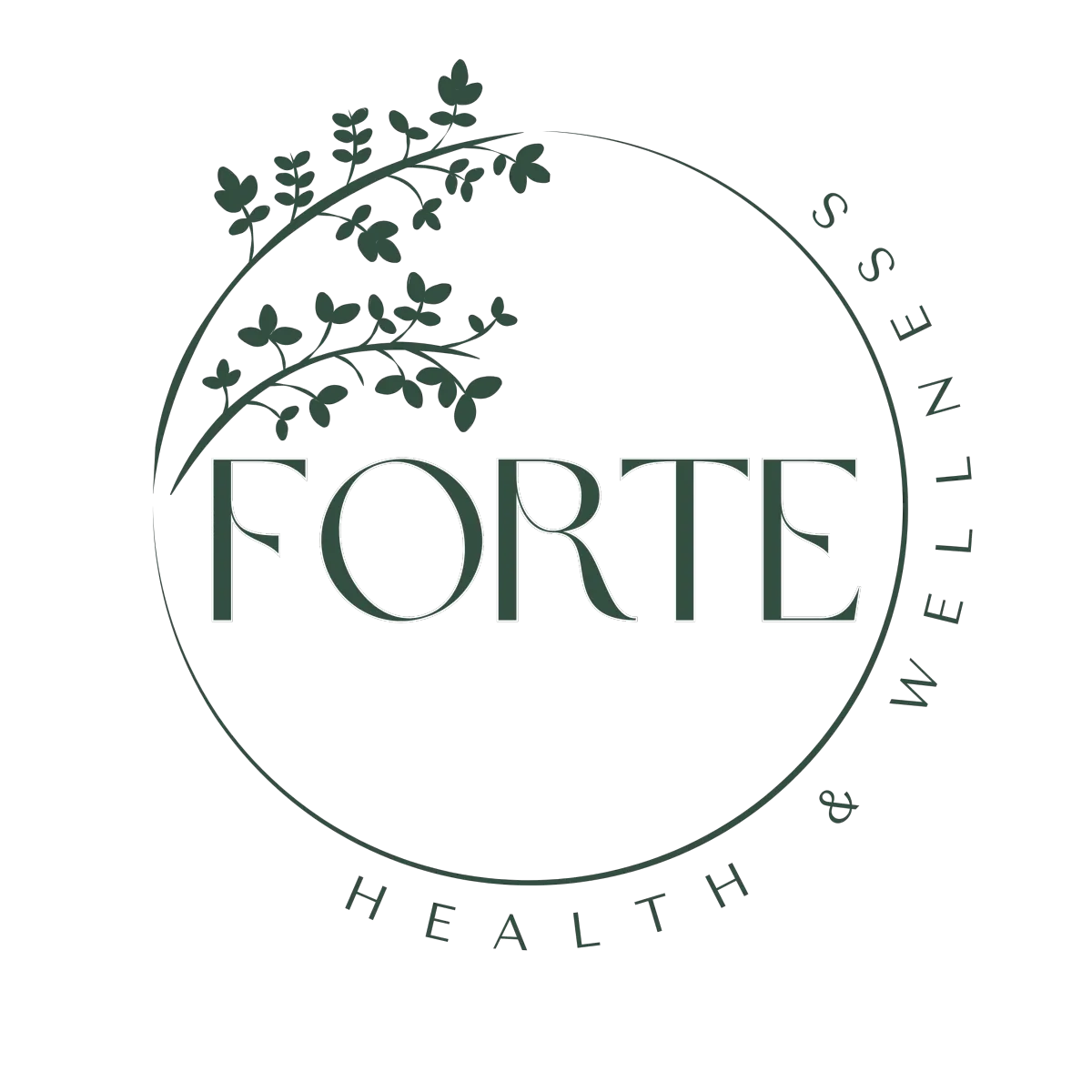The Deep Sleep Revival: The Biohacker’s Guide to Reclaiming Restorative Sleep and Hormonal Harmony

Why you're exhausted, inflamed, and out of sync—and how science-backed sleep can save your health.
You're eating clean, hitting the gym, maybe even sipping Adaptogenic lattes—but you're still waking up foggy, bloated, anxious, and wired.
The real root cause?
You’re not sleeping. Not really.
Welcome to the silent epidemic of sleep deprivation. In this post, we’ll expose what poor sleep does to your body and brain, how to repair it from the ground up, and what tools—from supplements to sound therapy—actually work to restore deep, healing sleep.
The Sleep Crisis: Why Most of Us Are Running on Empty
According to the CDC, over 1 in 3 adults in the U.S. isn’t getting enough sleep. But even more alarming? Up to 70% of us are getting non-restorative sleep—meaning you may be unconscious, but your brain and hormones never hit reset.
Consequences of chronic sleep deprivation:
Hormone imbalances (low progesterone, cortisol dysregulation, insulin resistance)
Mitochondrial dysfunction and brain fog
Inflammation, weight gain, and accelerated aging
Increased risk for dementia, cancer, and autoimmune disease
Understanding Sleep Stages: More Than Just REM
Sleep isn’t one big blur—it’s a cycle of stages, each critical to a different system in your body.
Stage 1 (Light Sleep): Transitional, easy to wake.
Stage 2 (Moderate Sleep): Heart rate slows, temperature drops.
Stage 3 (Deep Sleep / N3): Growth hormone surges, DNA is repaired, and the brain detoxifies.
REM Sleep: Emotional memory consolidation, learning, and dreaming.
If you’re not getting enough Stage 3 deep sleep, you’re missing out on cellular healing, hormone regulation, and brain cleanup.
Deep Sleep: Your Body’s Internal Janitor and Mechanic
Here’s where the magic happens during deep sleep:
DNA Repair: Cellular damage from oxidative stress is repaired.
Glymphatic Drainage: Brain cells shrink by 60%, flushing out toxins linked to Alzheimer’s.
Hormone Reset: Cortisol is recalibrated, melatonin rises, and growth hormone peaks.
Deep sleep isn’t optional—it’s your body’s built-in biohacking protocol.
Fixing Your Circadian Rhythm: Reprogram Your Sleep Clock
Your circadian rhythm is your internal 24-hour clock. If it's out of sync, so are your hormones.
Reset it by:
Getting sunlight within 30 minutes of waking
Eating meals at consistent times daily
Avoiding bright screens and artificial light after sunset
Waking and sleeping at the same time—even on weekends
EMF Exposure: The Hidden Saboteur of Deep Sleep
Electromagnetic fields (EMFs) from phones, WiFi, and smart devices may disrupt melatonin production and increase nighttime cortisol.
Sleep-supportive EMF fixes:
Use airplane mode after 8PM
Remove wireless devices from the bedroom
Try EMF-blocking canopies, grounding mats, or a kill switch for WiFi at night
Why Air Quality Matters: Clean Air = Better REM + Deep Sleep
Indoor air is often 2–5x more polluted than outdoor air. Mold, VOCs, and allergens inflame your sinuses and impact oxygen flow during sleep.
Why the AirDoctor is a must-have:
Removes 99.99% of ultrafine particles down to 0.003 microns
Filters mold, wildfire smoke, VOCs, and mycotoxins
Clinically used in mold recovery and sleep clinics
The Temperature Factor: Sleep Cooler, Sleep Deeper
Your core body temp must drop by 1–2 degrees for deep sleep to kick in. If your room—or your mattress—runs hot, you’ll wake up often or never reach stage 3 sleep.
How to cool your body naturally:
Keep bedroom temp 60–67°F
Use ChiliPad or Eight Sleep cooling mattresses
Take a warm bath 90 minutes before bed to trigger a temp drop
Substances That Disrupt Sleep (Even if You Don’t Notice)
Beware of:
Caffeine after 2PM
Alcohol (decreases REM and deep sleep)
Sugar close to bedtime (spikes insulin = melatonin suppression)
Decongestants, antihistamines, and even some antidepressants
Exercise Timing: Don’t Let Your Workout Kill Your Sleep
Morning workouts = best for circadian rhythm alignment and cortisol regulation
Afternoon workouts = fine for most people
Evening HIIT or heavy lifting = may spike cortisol and delay melatonin release
The Biohacker’s Toolkit for Sleep Optimization
Hot & Cold Therapy
Warm bath followed by a cool bedroom mimics natural temperature cycling.
Try contrast showers or infrared sauna + cold plunge before bed.
Whole-Body PEMF Therapy
Pulsed electromagnetic fields (like the BioBalance or HigherDOSE mats) calm the nervous system and support parasympathetic dominance.
Photobiomodulation (Red & Near-Infrared Light Therapy)
Using red light in the evening helps signal melatonin release while supporting mitochondrial repair.
Avoid blue light exposure after sunset.
Sound Therapy
Binaural beats and delta-wave audio can deepen brainwave frequency into sleep stages.
White noise and pink noise help block out environmental disruptions.
Meditation & Breathwork
Practices like 4-7-8 breathing, NSDR (non-sleep deep rest), or Yoga Nidra calm the HPA axis and increase sleep efficiency.
The Supplement Breakdown: What to Take, When, and Who Should Avoid
1. Magnesium (Glycinate or Threonate)
Benefits: Calms the nervous system; supports deep sleep
Ideal For: Nearly everyone
Avoid If: You’re prone to loose stools (especially with citrate form)
2. Taurine
Benefits: Enhances GABA activity; lowers nighttime cortisol
Ideal For: Individuals with anxiety or elevated cortisol
Avoid If: You have low blood pressure or hypotension
3. L-Tryptophan
Benefits: Precursor to serotonin and melatonin
Ideal For: People with low serotonin or melatonin levels
Avoid If: You take SSRIs or antidepressants (check with your provider)
4. Zinc
Benefits: Modulates neurotransmitters; supports hormone health
Ideal For: Women with PMS, acne, or low immunity
Avoid If: You’re supplementing in high doses—can cause nausea or copper deficiency
5. L-Theanine
Benefits: Promotes alpha brainwaves and relaxation
Ideal For: Overthinkers; racing mind at night
Avoid If: You’re sensitive to grogginess the next morning
6. Phosphatidylserine
Benefits: Blunts evening cortisol; supports HPA axis
Ideal For: Burned-out professionals; high cortisol cases
Avoid If: You have low cortisol (use with caution)
7. Adaptogens (Ashwagandha, Rhodiola, etc.)
Benefits: Regulate stress response; support adrenal function
Ideal For: Stress-driven insomnia; high-performance types
Avoid If: You have hyperthyroidism (especially Rhodiola)
8. Melatonin
Benefits: Helps reset circadian rhythm
Ideal For: Jet lag, night shift workers, adults over 40
Avoid If: You plan to use it long-term without supervision
9. Essential Amino Acids (EAAs)
Benefits: Aid tissue repair; support neurotransmitters
Ideal For: Active individuals or those with low protein intake
Avoid If: Taken in high doses at bedtime—it may disrupt sleep for some
Summary: Reclaim Your Sleep, Reclaim Your Life
Restorative sleep isn’t just a lifestyle luxury—it’s a non-negotiable requirement for hormone balance, metabolic health, emotional resilience, and longevity.
To optimize deep, healing sleep:
Align your circadian rhythm with light, food, and activity
Reduce EMF and improve air quality
Stack proven biohacks and adjust your environment
Use targeted supplements that fit your physiology
Track your progress with wearables or sleep logs
Sleep is the master switch of health—and it’s time to flip it back on.
Want to Go Deeper?
Download my free Sleep Optimization Cheat Sheet for supplement timing, tech recs, and a printable bedtime routine checklist.






Facebook
Instagram